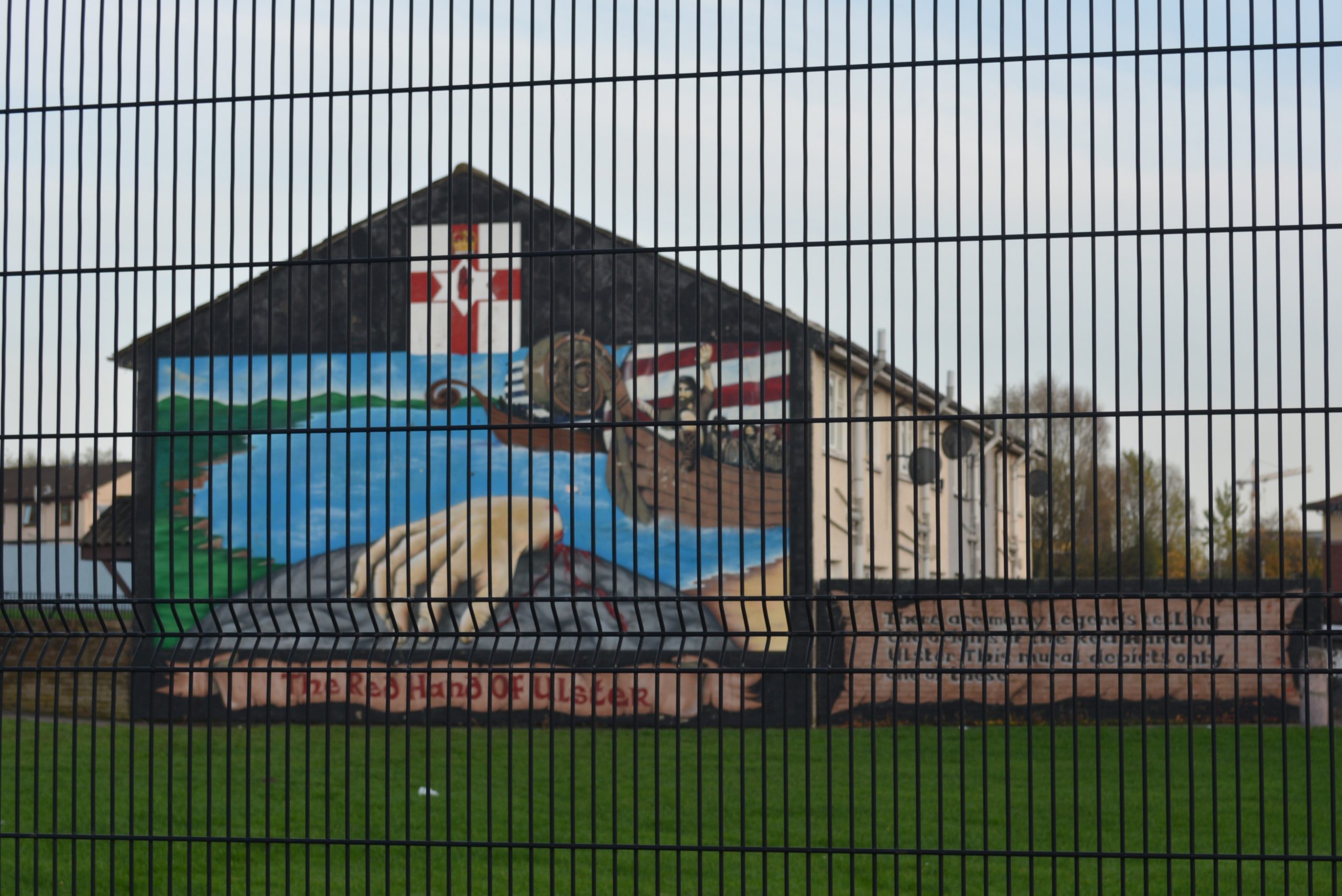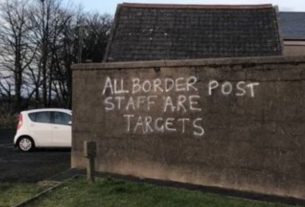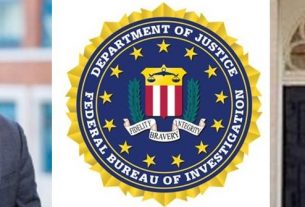Boris Johnson is claiming his legislation to scrap the Northern Ireland protocol and break international law is in fact “relatively trivial” changes.
The prime minister is under renewed fire from his own backbenches with Tory MPs accusing Johnson of “damaging the UK and everything the Conservatives stand for” – just a week after Johnson survived a humiliating vote of no confidence.
Tory MPs are sharing a briefing paper with the demining verdict of their own leadership while in the Commons, foreign secretary Liz Truss today drew laughter from MPs when she asserted Johnson’s government “fully respect the rule of law”.
In justifying their plans to rip-up the Northern Ireland protocol, Johnson’s ministers argue the current Brexit deal – that the PM negotiated, hailed, won an 80 seat majority on and signed – actually represents “a grave and imminent” threat to peace and stability in Northern Ireland.
Ministers claim the principle called the “doctrine of necessity” gives them the right to scrap the protocol because it is putting society and politics in Northern Ireland at “peril” and thereby threatens the Good Friday Agreement.
Northern Ireland protocol bill is a clear breach of international law, says Sinn Féin
However, Northern Ireland’s first minister-elect, Michelle O’Neill, the vice president of Sinn Féin, said the legislation actually does the opposite of what the British government claims.
“All that Boris Johnson is doing today is to further political instability and create even more economic uncertainty for the days and weeks ahead,” said O’Neill, calling the move a “clear breach” of international law.
“Regardless of the detail, he himself signed up to an agreement, he signed on the dotted line, and he is now legislating to breach that international agreement.”
The bill introduced in the Commons today (June 13) would end checks on goods being sent to Northern Ireland from Britain – checks that were agreed in Johnson’s “oven-ready deal”. The new legislation will also enable Northern Ireland companies to produce and sell products that do not comply with current or future EU standards and regulations.
Furthermore, the bill will strip the powers of the European Court of Justice in judging on disputes in Northern Ireland – another key strand of the protocol. Instead, British courts will have the final judgment.
A so-called “insurance” clause features in the bill which will give ministers sweeping powers to cancel almost all other parts of the Brexit deal.
The “insurance” clause – article 15 of the Northern Ireland protocol bill – will provide powers to “disapply any part of the current arrangements [with the EU] under certain circumstances”, reports the Telegraph. These include the “economic stability” of Northern Ireland, the “territorial or constitutional integrity of the United Kingdom”, the “effective flow of trade” and “lessening, eliminating or avoiding tax differences” between NI and GB.
DUP won’t be ‘blackmailed’ to return to Stormont
Today’s introduction of the bill is still not enough for the DUP who tonight said they would not be “blackmailed” by the British government into returning to power-sharing at Stormont.
DUP leader Sir Jeffrey Donaldson repeated that his party will not take up their seats in the NI government until the legislation is passed by parliament, stating: “I believe that our pressure has brought about what we see today with this bill being published.”
The DUP’s Brexit spokesperson Sammy Wilson responded to calls for their return to Stormont in light of the bill being published. “We have said we will make our assessment of this legislation as it goes through, but I think, when it comes to good faith, the people who need to demonstrate good faith are the government.”
“I think it would be very foolish to try and engage in that kind of blackmail,” he said over the renewed calls to return to power-sharing.




